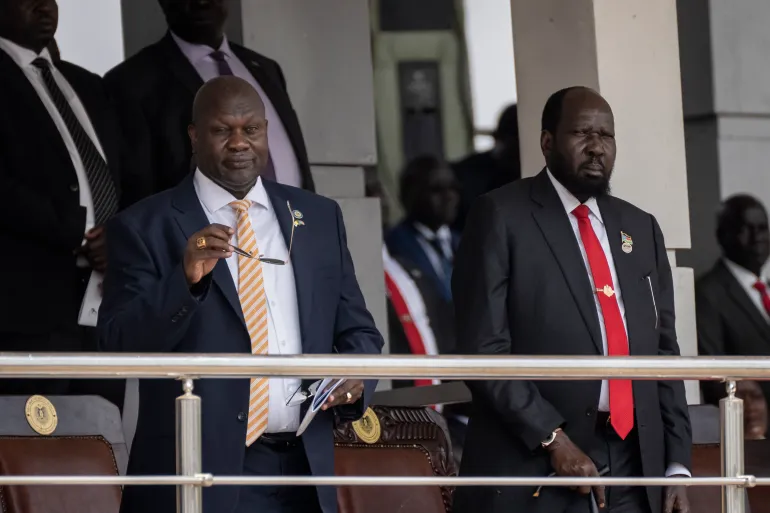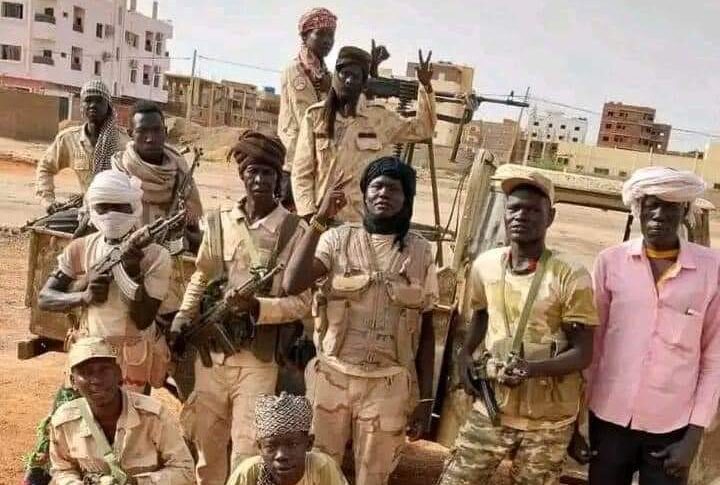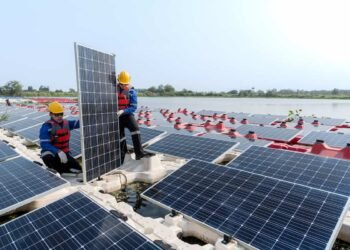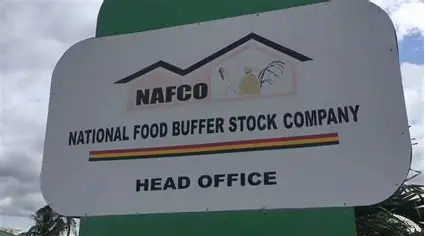A surge in illicit arms trafficking from war-torn Sudan into neighboring South Sudan is threatening to destabilize the fragile peace of the world’s youngest nation, according to a new report submitted to the United Nations Security Council. The report, by U.N. experts, exposes a dangerous pipeline of advanced, looted weaponry crossing the porous border, despite an arms embargo in place since 2018.
South Sudanese security services began confiscating Turkish-made rifles fitted with scopes from civilians and cattle herders as early as late 2024. The weapons, ranging from the BRG 55 and HUSAN Arms MKA 556 to UTAS Defence models, represent a significant upgrade from the traditionally rudimentary firearms commonly found in the region.
U.N. investigators linked the firearms to caches plundered by Sudan’s paramilitary Rapid Support Forces (RSF) in Khartoum. These arms are reportedly transported from RSF-controlled territories into South Sudan’s Northern Bahr el-Ghazal and the volatile Abyei region. The illicit trade operates as part of a shadow economy involving “individuals with military or political connections” who barter arms and looted commodities in return for essentials such as fuel and food, directly fueling the conflict in Sudan.
Smuggled Arms Escalate Local Conflicts
Despite official diplomacy between the two countries, which hinges on their shared reliance on oil exports, this under-the-radar arms trade is undercutting regional stability. South Sudan depends heavily on a pipeline that runs through Sudan to export its oil, creating a bond of economic interdependence between the two nations.
In 2024, Sudanese leader General Abdel-Fattah al-Burhan visited Juba twice to strengthen cooperation in oil, security, and commerce. Sudan also mediated a peace agreement between the South Sudanese government and a key opposition figure in early 2025 and facilitated a humanitarian aid corridor. These diplomatic efforts, however, have struggled to contain growing cross-border tensions.
A flashpoint emerged in January 2025 after Sudan’s army seized the strategic city of Wad Madani from the RSF. Viral footage appeared to show the brutal killings of South Sudanese citizens accused of supporting the RSF, triggering anti-Sudanese protests across South Sudan. In response, South Sudan’s government labeled the killings as “terrorism” and deployed forces to shield Sudanese nationals and their properties from retaliatory violence, a move applauded by international observers.
But the already strained relations took another hit in December 2024 when Juba released results from a long-delayed referendum on the contested Abyei region. The U.N. report cautioned that this move risks “antagonizing Khartoum” and further exacerbating bilateral tensions.
The U.N. Panel of Experts, mandated to monitor the 2015 sanctions regime on South Sudan, warned that the arrival of sophisticated weapons is dramatically escalating local violence. It cited the ongoing civil unrest and the slow implementation of the 2018 peace agreement as signs of a nation teetering on the edge.
Complicating matters, South Sudan’s internal political landscape reached a boiling point. Tensions exploded in March 2025 when First Vice President Riek Machar was arrested. The clampdown on opposition figures sparked international outrage and has been followed by fierce clashes in states like Upper Nile and Western Bahr el Ghazal, where government forces have been accused of targeting opposition strongholds.

Juba has since replaced senior officials loyal to Machar, deepening fears of a return to full-blown conflict. Allegations have also surfaced suggesting Ugandan military support for the government, though these claims remain unverified.
According to the U.N. report, the combination of weapon inflows, unresolved ethnic grievances, political infighting, and delayed democratic reforms is pushing the country toward another catastrophic civil war. The panel concludes that the Sudanese war is “no longer a contained conflict” and is actively destabilizing the region.
As such, the report calls for immediate diplomatic intervention, stricter enforcement of the arms embargo, and renewed commitment to peace efforts in both Sudan and South Sudan to avert a wider regional implosion.
READ ALSO: NPP Crisis Deepens Amid Electoral College Dispute



















